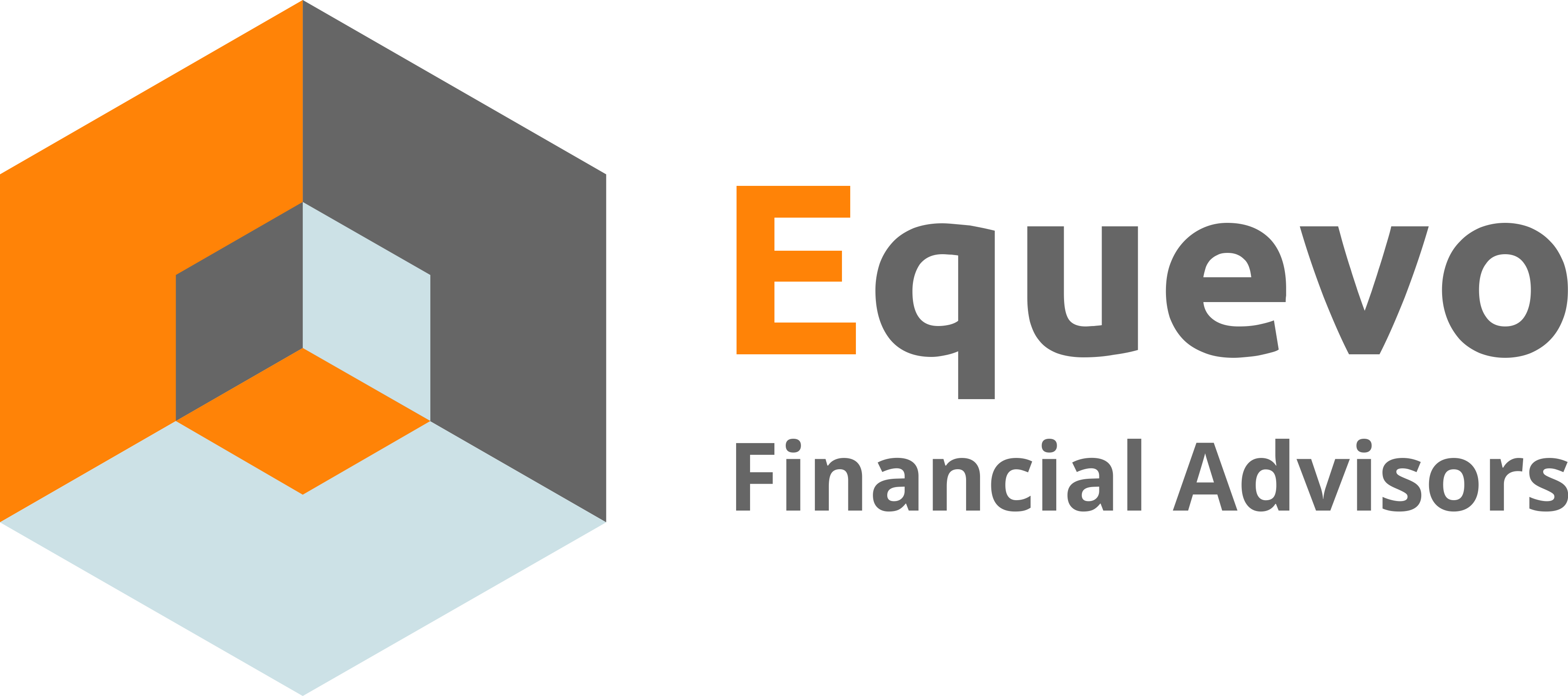Due Diligence
Every business transaction and investment is inherently risky, but you can protect your company through adequate due diligence.
What is due diligence?
Due diligence is an investigative process that identifies, verifies and confirms the claims of another party. It is also an effective process used to uncover risks and highlight important issues, providing valuable insight to companies before they sign a new contract, form a partnership or make an investment.
Type of due diligence:
– Financial and accounting due diligence
– Tax due diligence
– Legal and compliance due diligence
– Human resource due diligence
– Secretarial compliance due diligence
– Commercial and business due diligence
– Environment due diligence.
Financial and accounting due diligence:
Financial and accounting due diligence is necessitated in any transaction when the buyer/ investor desires to validate the accounting and financial information of the seller/ investee Company. The buyer usually values the Company based on historical profitability or the asset value of the seller. Hence, the buyer would want a validation on sustainable profitability of seller and ensure that there are no hidden surprises in the financial and accounting matters of the seller. Equevo specialises in conducting accounting and financial due diligences on the seller’s financial statements on behalf of the buyer/ investor.
Benefits from due diligence:
– Better assessment of the real value of a business and minimize transaction risks
– True working capital and cash flows of the target
– Assess potential requirement for further investment
– Assess achievability of forecast to support valuation
– Assess potential savings that could enhance prospective value
Equevo diligence process and approach:
Strategy and
transaction goal

Understand the strategic aims of the transaction and the critical success factors for the acquirer or investor.
Planning and
understanding

Understand the seller’s business and its operations and the various factor impacting the business. plans focus area during due diligence.
Quality of earnings
(‘QoE’)

Usually a company gets valued at a multiple of its historical earnings. It is critical to validate the QoE to ensure that profitability is not vitiated.
Quality of Assets
(‘QoA’)

We review complete QoA items and identify various adjustment related to debt and debt like item, surplus assets, working capital and other important factor affecting business.
Identification of key
deal issues

Having understood the important factors driving the transaction and the value, we lay special emphasis in validating such factors from all aspects.
Detailed report and
data pack

Our report provides a detailed analysis of sellers’ business: revenue streams, customer concentration, key costs, margins and analysis on the recoverability of assets.

